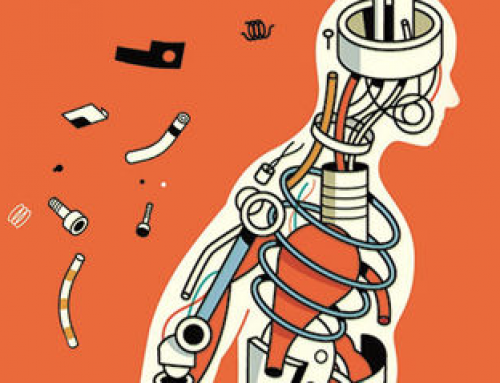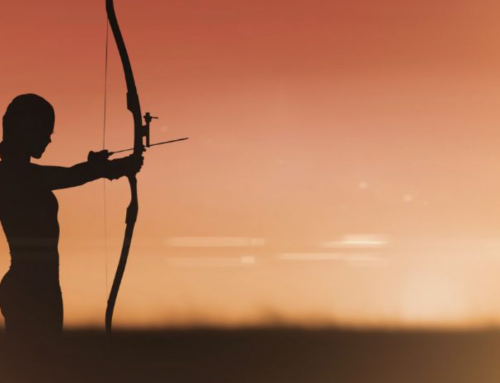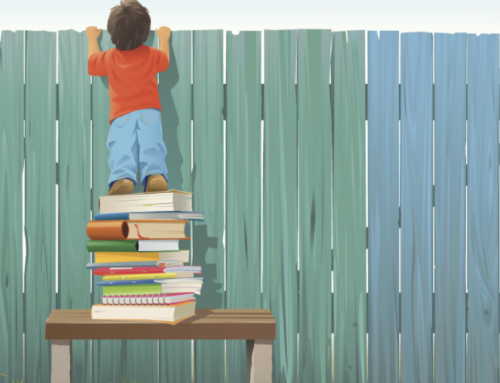 We took the grandkids out the other day, to a musical play in a little theatre on the North Shore. A small group of actors, a multi-instrumental musician and their support crew took us on a journey about a young man whose mother was a pirate*. They used a simple one-set stage, minimal props, clever lighting changes, corny kids’/pantomime type humour and songs. It was magical, for both adults and children. For an hour, we escaped as we joined in with choruses of ‘ooh-aarhs’, ‘me hearties’ and ‘landlubbers’. All because we were taken along for the ride! In the words of S.T. Coleridge, who (coincidentally) wrote, The Rhyme of The Ancient Mariner, we entered “that willing suspension of disbelief for the moment which constitutes poetic faith”.
We took the grandkids out the other day, to a musical play in a little theatre on the North Shore. A small group of actors, a multi-instrumental musician and their support crew took us on a journey about a young man whose mother was a pirate*. They used a simple one-set stage, minimal props, clever lighting changes, corny kids’/pantomime type humour and songs. It was magical, for both adults and children. For an hour, we escaped as we joined in with choruses of ‘ooh-aarhs’, ‘me hearties’ and ‘landlubbers’. All because we were taken along for the ride! In the words of S.T. Coleridge, who (coincidentally) wrote, The Rhyme of The Ancient Mariner, we entered “that willing suspension of disbelief for the moment which constitutes poetic faith”.
If we are to be open to alternative possibilities or to new learning, this is exactly what we need to do. The play, with its minimalist use of props and ‘impossible’ story line, required us to use our imagination to fill in the detail. Kids have no problem doing this. They allow their imagination to run and ‘believe’ anything is possible. However, for adults, it’s not so easy. We cling to our view of the world with the tenacity of a limpet. It keeps us safe and comfortable.
To discover alternatives, or understand others’ points of view, to create or learn new ideas, we must be willing to let go of our, sometimes strongly-held, beliefs. Without this, the sharing of knowledge is impossible. It is the essential first step that allows us to create the new knowledge required to solve today’s issues or bring innovation to life.
Storytelling helps us to do this. Marine scientist, turned film-maker, Randy Olson** describes it as an exercise in trust. He goes on to say: “The audience has to be willing to believe the storyteller at every turn and not bog the process down by asking themselves, “Do I really believe this could happen?” If you have to ask yourself that, you can’t enjoy the story. It’s a fundamental rule of storytelling, and it’s where scientists get left out of the picture because their job is to question everything.”
This is not to say that scepticism is not a good thing. There is so much fake news and pseudo-science in today’s consumerist world. However, in order to understand other people, value each-others’ knowledge and enter truly knowledge-sharing relationships, we must surrender to the notion that an alternative view of our universe is possible. We need to, at least temporarily, ditch our paradigms and preconceptions. Only then, can we decide whether or not to let them go for good.
Enjoy an early May read
Mary
and Lab Wilson (the Bats Team)
* Tim Bray Theatre Co. Takapuna, Auckland. NZ
Adapted from the book by Margaret Mahy. The
Man Whose Mother Was A Pirate.
**Randy Olson. Don’t Be Such a Scientist: Talking Substance in an Age of
Style. Kindle Edition.






Leave A Comment